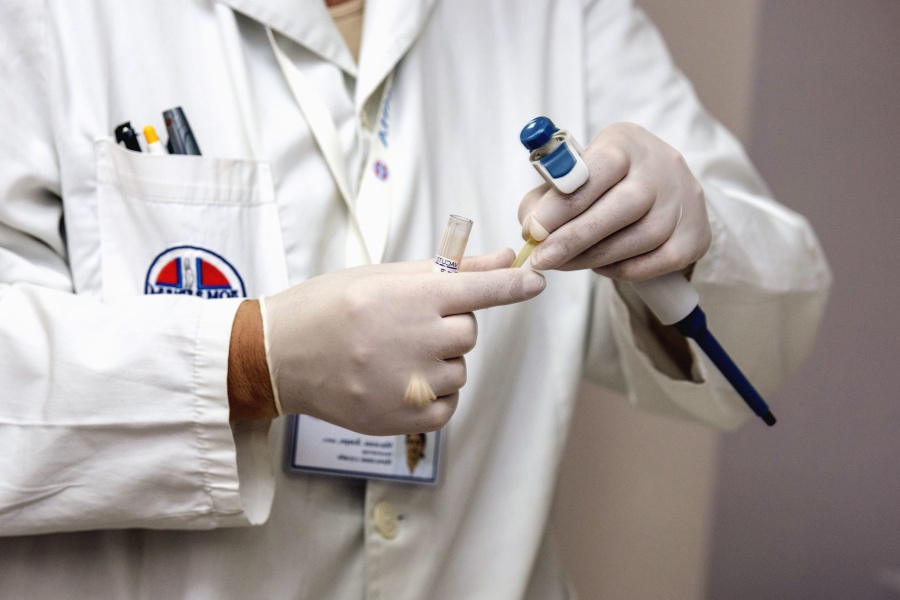On Thursday 7 May, the Egyptian President’s Adviser on Health and Prevention Affairs Mohamed Awad Tag-Eddin said that Egyptian authorities had carried out one million COVID-19 tests since the start of the outbreak.
The number raised eyebrows and questions across Egypt and the global health community, as it would mean Egypt had been among the few countries that have carried out more than one million tests.
On Saturday 9 May, the State Information Service (SIS) released a statement clarifying the statements made by Tag-Eddin.
According to this statement, 105,000 PCR tests had been conducted across Egypt. The other 895,000 tests referenced by Tag-Eddin “covers all medical examinations and lab tests, including a large number of rapid tests and other checkups necessary for clinical diagnosis, in addition to diagnostic radiology exams”, said the statement released by the SIS.
A breakdown of the other tests and examinations has not been provided.
What are the different tests?
PCR tests are used to directly detect the presence of an antigen, as opposed to the presence of a body’s immune response or antibodies. In other words, a PCR test, which involves screening swathes of nasopharyngeal swab samples, provides a strong indication of whether someone is infected with COVID-19 and is the test usually used to provide updated COVID-19 infection figures.
Tag-Eddin and the SIS did not clarify exactly what the other tests consisted of beyond a reference to “medical examinations, lab tests”, “a large number of rapid tests and other checkups necessary for clinical diagnosis” and “diagnostic radiology exams”.
Worth noting though is that Egypt has carried out an undisclosed large number of rapid tests. Egyptian isolation hospitals were provided with COVID-19 rapid test kits in April, primarily to test medical workers.
Unlike PCR tests, rapid tests are intended to provide results within just a few hours. The Egyptian government has not clarified what form its rapid tests take. The rapid tests can test for antigen – similar to a PCR test – or they can test for antibodies.
An antibody test detects the presence of antibodies that are generated after infection. An antibody test will provide information on the proportion of the population that has previously been infected and is now possibly immune to the virus.
An antibody test does not provide information on people who are currently infected, as it normally takes at least a week before antibodies are generated in response to an infection. However, antibody tests provide authorities with an indication of how widespread infection rates are and potential immunity levels in the population.
It remains unclear whether Egyptian authorities have surveyed large portions of the population for immunity and how many antibody tests have been conducted.







Comments (0)